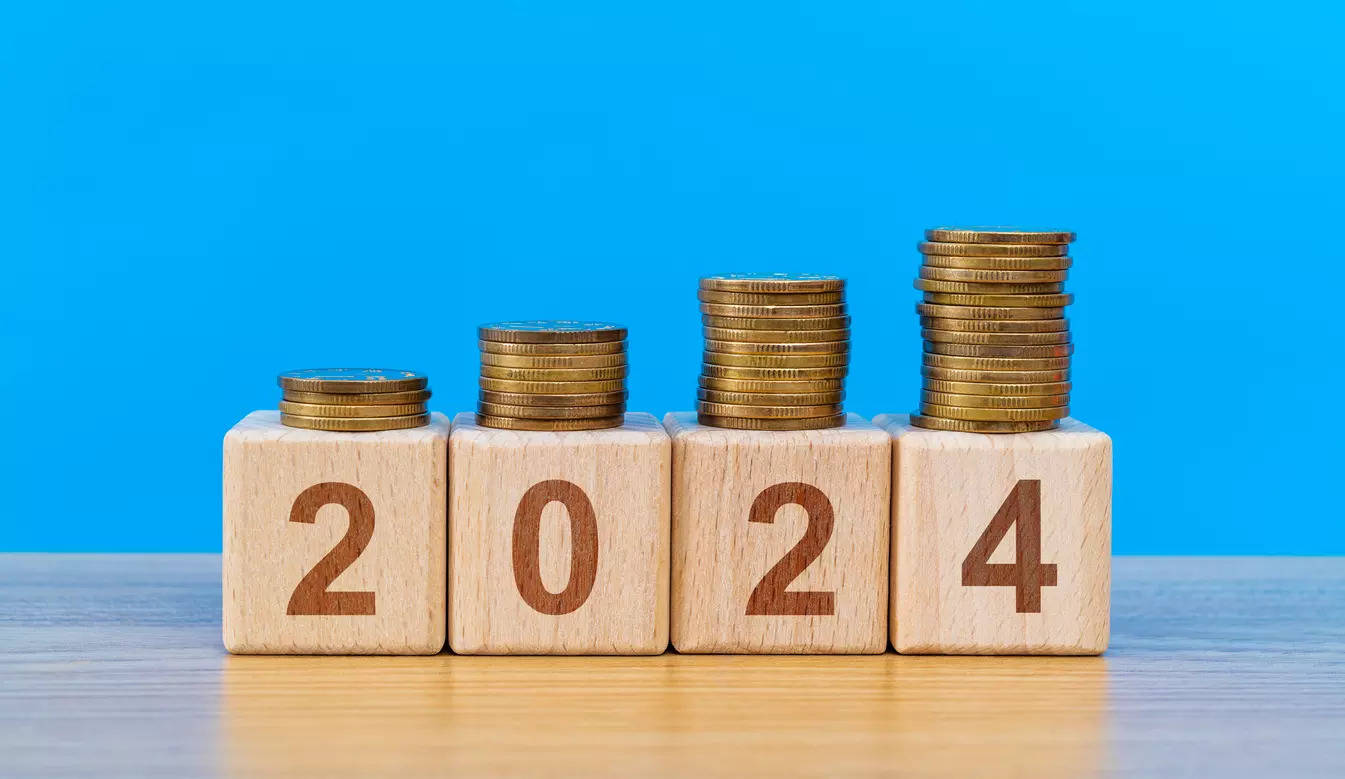
New Delhi: The interim budget announced in February didn’t bring major changes to the automobile industry due to which all eyes are now on the Union Budget 2024, to be presented on July 23, 2024. The automobile industry players hope for a betterment and extensions of certain policies for the growth of the world’s third largest automobile market.
Automobile stakeholders expect the new budget to include indigenisation of EV components, expansion of sustainable transportation, technological developments, and enhanced focus on electric commercial vehicle promotion.
This expectation aligns with the ‘Atmanirbhar Bharat’ initiative that works with GoI’s vision to have ‘Viksit Bharat’ or developed nation by 2047, celebrating 100 years of independence.
The Union Finance Minister, Nirmala Sitharaman, had announced in the interim budget that the government would strengthen the EV ecosystem and promote technological advancements. As she continues to hold the Finance portfolio, industry leaders hope for a major boost to the EV sector.
Here is the wish list of the auto sector from Budget 2024
Commercial vehicles: Players in the commercial vehicle (CV) segment are optimistic about receiving fund allocations towards the government public infrastructure that will promote CVs in India. “Targeted policies aimed at lowering costs and making commercial vehicles more affordable will play an integral role in building a strong and resilient transport-logistics ecosystem, thereby promoting comprehensive multimodal development,” said Anand Bang, Chief Operating Officer, Sales & Marketing, Tata Motors Finance.
Uday Narang, Founder and Chairman, Omega Seiki, believes CVs are the lifeline of India, thus a push for electric LCVs and SCVs is required in the upcoming policy which he states was not emphasised in the earlier policies.
“OSM believes that the upcoming budget will be very friendly towards EVs and alternative energy. The anticipated budget allocation for FAME 3 is poised to further incentivize electric three-wheelers and will include electric trucks specifically of 1 and 3 ton. By promoting the transition to electric trucks, FAME 3 is expected to not only accelerate the electrification of commercial transportation but also spur innovation in battery technology and logistics solutions,” Narang said.Finance sector: The automobile finance sector hopes that the budgetary reliefs can aid in pushing MSMEs along with empowering auto NBFCs. “Favourable policy interventions by the government and regulatory reliefs can empower NBFCs to further leverage their tech advancements and capabilities to better serve the unbanked and underserved populations, addressing their entrepreneurial aspirations, ” Bang added.
EV charging infrastructure: The Indian startups involved in EV charging infrastructure hope that the new budget 2024 will bring encouragement to local manufacturers and ecosystem. “Regarding the FAME 3 policy, if a dedicated budget is given for charging infrastructure, I am sure it could encourage setting up more charging stations, especially for public transport like e-buses. Increased investment could lead to innovation in charging technologies and faster charging times, further boosting the EV ecosystem in India,” Raman Bhatia, founder and Managing Director, Servotech Power Systems Ltd, said.
Kartikey Hariyani, founder and CEO, Charge Zone, wishes that the new budget will escalate sustainable transportation and reduce necessary taxes to promote EV manufacturing.
“Proposed measures to promote e-buses and enhance payment security are crucial for accelerating sustainable transportation. Clarity on key enablers such as streamlined licensing norms, regulatory standardization, and reduced taxes will unlock the sector’s full potential. The new budget can offer enhanced subsidies and incentives for EV manufacturers and consumers, expand tax credits, and reduce tariffs on EV components along with investment in EV charging infrastructure across urban and rural areas”
Two-wheelers: The Indian two-wheeler manufacturers hope for reduced GST rates, standard GST certification, subsidies and indigenisation in EV infrastructure to boost the adoption of electric two-wheelers (E2Ws). “Standardizing GST certification for multiple states with a single pan-India process would significantly improve ease of doing business across various states. We urge the government to bolster EV infrastructure beyond urban centers and prioritize R&D in sustainable materials and indigenous manufacturing of EV components to strengthen the ‘Make in India’ initiative. Incentivizing training programs for specialized EV technicians and engineers is crucial for developing a skilled workforce,” a spokesperson of Oben Electric said.
Tyre sector: Amid a challenging global scenario, the Indian economy requires strategic reforms in key sectors that could propel it to become the world’s third largest economy, Raghupati Singhania, VP JK organisation, and chairman and managing director, JK Tyre & Industries, said.
“The forthcoming budget is expected to place a stronger focus on infrastructure and manufacturing, which bodes well for the industry. It is hoped that various pending issues in ease of doing business, such as land, labour, power etc. would be addressed more aggressively. Future advancements will hinge on fostering a business-friendly environment, innovations in transportation and mobility, and a strong emphasis on sustainability,” Singhania added.
















